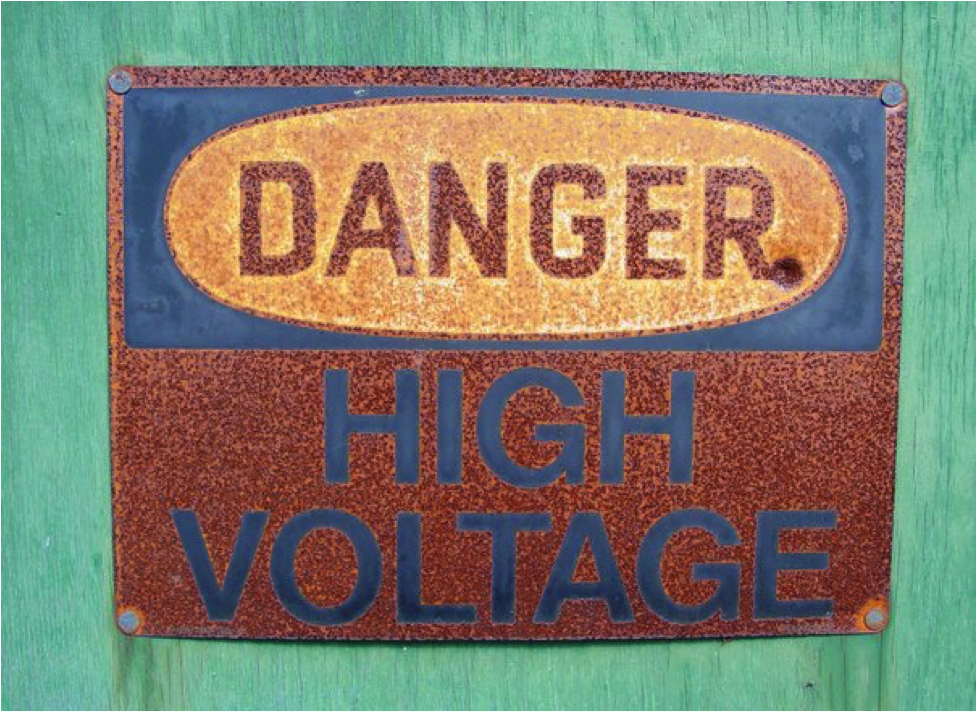Each year, more than 4000 injuries are caused by electrical accidents in the workplace, and another 300 result in death. Many professions such as engineers, electricians, construction workers, and linemen work with electricity directly, and it is important that their employers encourage safety in the workplace.
Professionals who work with electricity on a daily basis are taught how to work safely around electricity, but many forego safer practices for more expedient ones. Worse, many are encouraged to do so by their employer. The following are several guidelines that should absolutely never be ignored, even if you’ll be safe otherwise.
Power Lines
When working around power lines, there are several things to consider. Overhead and buried power lines both pose their own risks. It’s important to know where power lines are buried and to avoid digging in those areas. Many accidents occur when people don’t realize that they’re digging in an area where there are buried power lines and accidently make contact with them. When working on overhead or buried power lines, you should always de-energize and ground the lines. When working around utility poles, you should use a non-conductive wood or fiberglass ladder to prevent electrocution from accidental contact through the ladder. The most common injuries associated with power lines are electrocution, burns, and falls.
Extension Cords
Extension cords are a common cause of electrical accidents in the workplace. Many people will double up on extension cords, or use cords that don’t meet the standard of the job they are doing. For most equipment on the jobsite, you should be using an extension cord that has three wires (and prongs on the plug) to ground the equipment safely. You shouldn’t modify extension cords in any way or use multiple cords in place of a longer one when needed. Always dispose of frayed or damaged cords. Don’t try to repair them or use them as is. Always remove extension cords from the outlet by pulling on the plug, not on the cord. For added safety, only buy extension cords that have an OSHA safety seal on the packaging.
Electronics
When working with electronics, always make sure that the device being worked on is unplugged. You should also de-energize the capacitors to prevent electrical shock, even when the device is unplugged. If you don’t know how to de-energize a capacitor, then you should bring the device to be repaired by someone who does. Even de-energizing a capacitor poses risks, and not everything can be repaired on the jobsite.
Tools
When working with power tools, it’s a good idea to plug them into an outlet with ground-fault circuit interrupters (GFCI). If there is not an outlet equipped with GFCI, then you can use an extension cord with a built in GFCI. This automatically causes the circuit to shut down if the electricity is not traveling through the equipment properly. You should visually inspect all tools before using them for signs of excessive wear, missing ground prongs, frayed cords, or cracked tool casings. For extra safety, it’s recommended that you only use tools that are double-insulated.
If you have been injured in an electrical accident on the jobsite, the first thing you should do is seek immediate medical attention to treat your injuries. Then you should contact a personal injury lawyer to review the facts of your case and discuss your legal options.
For more information about what to do if you are injured on the job, please contact The Pottenger Law Firm at (816) 531-6006 or visit http://www.pottengerlaw.com/ today for a free consultation.
Source: https://www.osha.gov/OshDoc/data_Hurricane_Facts/elect_safety.pdf







